The SciStarter Blog is published by Science Connected. Together, we are driving citizen science participation and public scientific literacy.
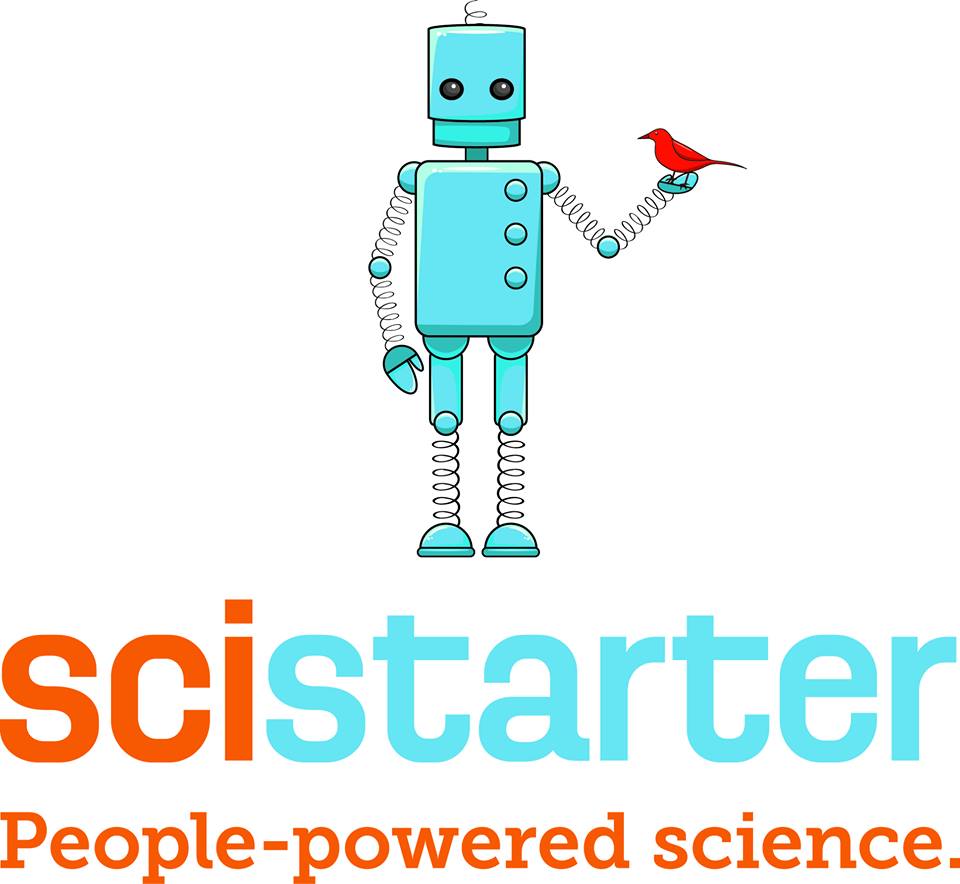
SciStarter is the place to find, join, and contribute to science through providing people access to more than 2,700 searchable formal and informal research projects and events. But more than just a project directory, SciStarter also offers a coordinated place to record contributions and access the tools and instruments needed to participate in citizen science projects.
The SciStarter Blog is published weekly by Science Connected.
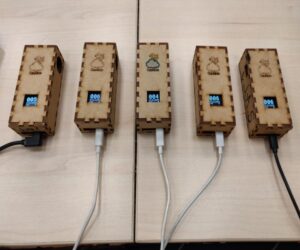
Building DIY Air Quality Monitors
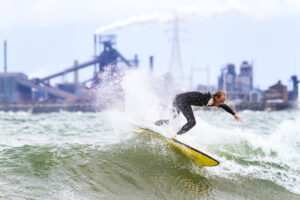
Surfers Pick Up the Slack to Monitor Water

Earth School: Take a Nature Quest
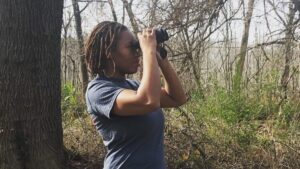
Black Birders, Scientists Push for Equality
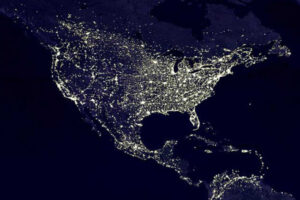
Light Pollution in Your Community

Study Supermassive Black Holes with Citizen Science
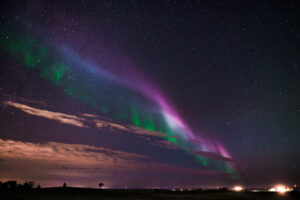
Chasing Steve: A Mystery in the Night Sky
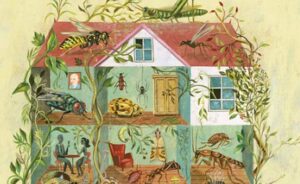
Book Review: Never Home Alone
Citizen Science Connections
Science Connected is volunteer-powered 501(c)(3) nonprofit organization with offices in San Francisco, California. We are a global group of scientists and science communicators who foster widespread science literacy, education, and communication. We are dedicated to increasing public understanding of science and creating free and equal access to science education. We define education in its broadest sense and believe it is the key to making informed choices, being successful members of society, and acting as responsible stewards of the planet.
Our mission is to increase scientific literacy in underserved communities and the greater public by connecting people with the latest scientific research, translating science into accessible language, and debunking pseudoscience with real research findings.
Citizen science is an effective partnership between scientists and nonscientists that, when done well, offers benefits to the participants and beyond. In addition to the SciStarter Blog, we have several free resources for you to learn more about citizen science and get involved in projects.
